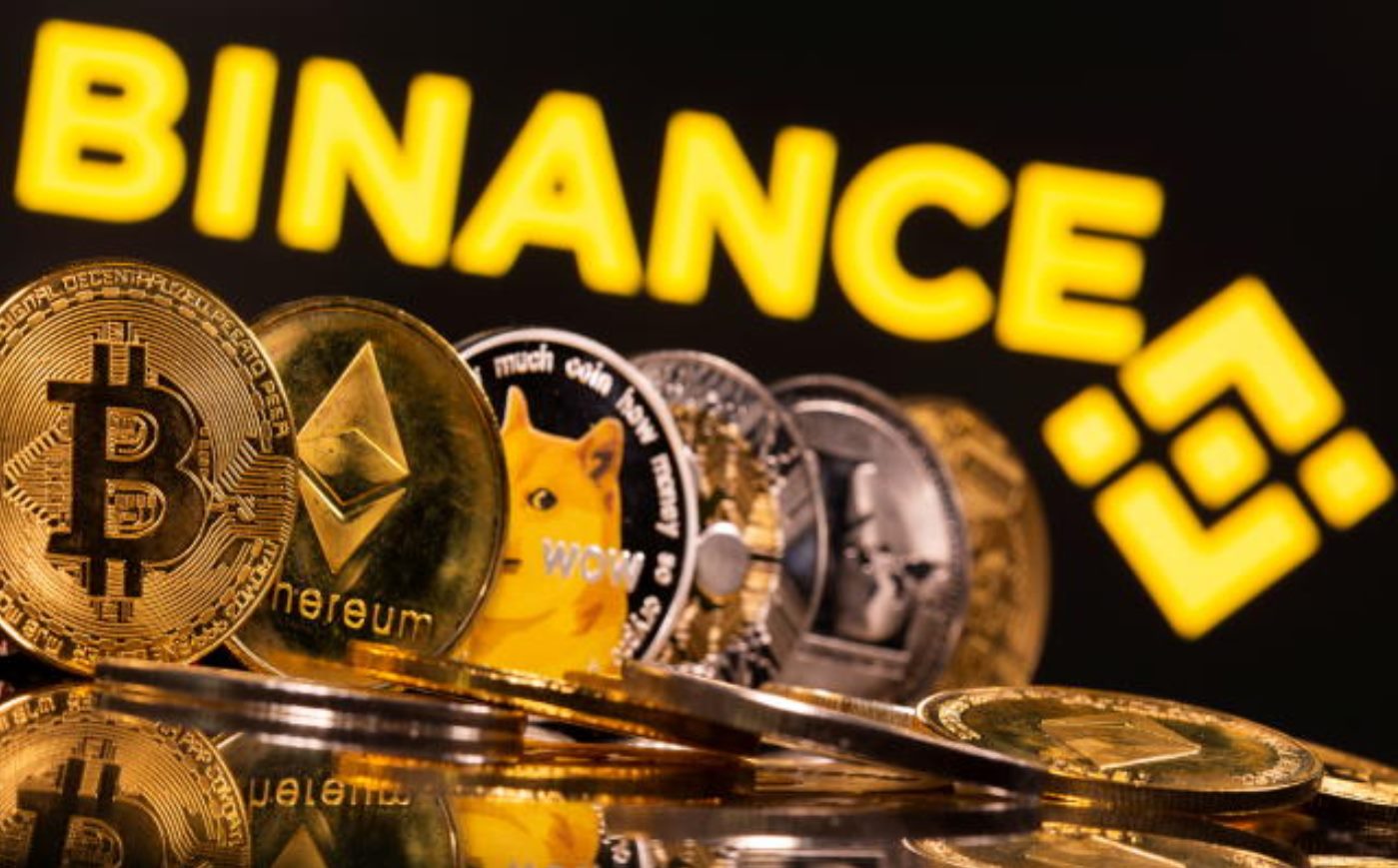Like diamonds in the rough, some cryptocurrency projects have withstood the test of time and are continuously troughing on towards their project’s developmental objectives. Let’s talk more about Litecoin vs Ethereum.
When comparing projects and cryptocurrencies in general, one must not only look at market performance such as price history even though it is an important factor but also its utility and blockchain logic. All blockchain projects must have a strong directional focus to stay relevant.
Litecoin Vs Ethereum: Ongoing Debate
In this article, we are going to explore two projects that have proved their place within the market and compare the difference between them. The projects for comparison are namely; Litecoin and Ethereum. Both blockchain projects have similarities and differences that have led to a debate among communities. While both cryptocurrencies employ a proof of work system, they differ drastically in terms of blockchain application and development. Knowledge of these differences between Ethereum and Litecoin is an interest to not only blockchain enthusiasts but also investors.
To start the discussion between the differences between Ethereum and Litecoin, we will touch on the history between the two blockchain projects. Then, a brief explanation of what each project is about. Finally, we’ll explore the comparison between the difference between Ethereum and Litecoin.


Historical Differences Between Litecoin Vs Ethereum
Entering the scene in 2015, Ethereum with the ticker symbol ETH has a 4-year history of operation within the cryptocurrency space. As of October 2019, Ethereum is ranked second as the largest cryptocurrency by market capacity at approximately 19.8 billion with a circulating supply of 107.42 million Ether tokens.
A project by Vitalik Buterin, Ethereum has withstood the test of time and has seen utility mainly as a decentralized platform for building other blockchain applications, leading to the rise of ERC-20 tokens and ERC-20 compatible wallets to store those tokens. While not the oldest cryptocurrency by far, Ethereum’s progress and use have made it synonymous with the image of cryptocurrencies just like bitcoin.
Litecoin is a fork of the bitcoin client but instead of using the hashing algorithm SHA-256, it instead uses Scrypt. The difference between Ethereum and Litecoin starts from their history to their utility which we will be covering later on in the article.
In 2011, Litecoin was established as a peer to peer, open-sourced platform for private transactions. It operates under the ticker symbol LTC and is the sixth-largest cryptocurrency by market capitalization in October of 2019. At the end of this year, Litecoin will have celebrated its eight-year history, making it twice as old as Ethereum.


What Is Ethereum?
Ethereum is an open-sourced blockchain project that serves as a platform for running smart contracts and building other decentralized blockchain applications. As a platform for smart contracts, Ethereum allows peer to peer transactions without the need for an intermediary which usually increases cost and time to fulfil the completion of a contract. The smart contracts allow the agreements and conditions for the release of funds to be codified and automated, thus, ensuring a trustless system for transactions.
Decentralized applications built on Ethereum are called ERC-20 tokens and are subjected to the algorithmic confines of the Ethereum network. The Ethereum network’s native cryptocurrency, Ether, is used to pay for computing power rendered. The amount is quantified using a denomination called Gas. Consequently, the network’s cryptocurrency is highly valuable not only to traders and investors speculating on its value but also to users of the network seeking to power their Ethereum based applications.
As a blockchain project, Ethereum utilizes a proof of work system. This is used to secure the network and incentivize individuals to participate in the network through contribution to computing power.
While not a transactional token, Ethereum can process up to 15 transactions per second which translates to one block every 15 seconds and three minutes to reach the recommended twelve block confirmation.


What Is Litecoin?
Litecoin is a decentralized payment method that allows individuals to transfer funds in a peer to peer transaction. It is free from intermediaries which would otherwise take a portion of the value of the transaction for services rendered. Touted as the new age of internet money, Litecoin is capable of allowing users to privately and securely send payment transactions across the network. Thereby empowering individuals to control their finances without the need for a financial supervisory. Its low cost and ability to eliminate geographical obstacles have made it a borderless platform, compatible with the globalized economy.
As mentioned, it is a fork of the bitcoin client and as such shares the blockchain’s method of securing transactions through mathematics instead of trusting parties involved in the process. Also, as a close relative to bitcoin, many have used Litecoin as a test net for bitcoin as the platforms are similar to each other.
In 2019, the reward for mining Litecoin was halved from 25 LTC to 12.5 LTC. This occurred with 25% of Litecoin left to mine. Currently, there are approximately 63 million Litecoins left in circulation. With a maximum of Litecoin capped at 84 million. Ethereum, by comparison, does not yet have a maximum capacity set. This fact is a strong point to start the comparative difference between Ethereum and Litecoin. This is because the total supply of a cryptocurrency affects its price through the forces of demand and supply.
Proof of Work Difference Between Litecoin And Ethereum
Before we look at the differences between Ethereum and Litecoin’s proof of work system, lets touch on some key similarities to build a context for discussion and comparison between LTC vs ETH.
The concept of proof of work consensus used between Litecoin or Ethereum is very similar in function and purpose. But the rewards and means are very different. Let’s look at this in detail to compare this core activity in both blockchain platforms.
Regardless of which platform, Litecoin or Ethereum, both blockchains use Proof of work as a method to secure the network by tying security to economic rewards and incentivizing participation. The more people and entities using the network, the greater the value will be for the network’s native cryptocurrency token. It also serves as an integral part of the network to function properly.
From Litecoin to Ethereum, the process for proof of work involve incentivizing individuals to participate in the network through contribution to computing power. The right to solve the next block will result in the distribution of tokens. For these rewards, the differences between Ethereum and Litecoin will be the type of tokens being given.
Thus, the debate between Ethereum and Litecoin can be an economic one as well as for utility. Also, the mining equipment can differ greatly despite both blockchain’s utilizing the same Proof of work consensus algorithm.


Utility Difference Between Ethereum And Litecoin
While Litecoin or Ethereum can perform the same utility as the other, it is simply not the same.
For example, Litecoin is primarily used as a payment method and as a form of internet money. Ethereum, while being a platform for smart contracts and decentralized applications, can be used to send value from one peer to another, the process is not optimized. Litecoin, on one hand, can solve blocks at 2.5 blocks per minute. While Ethereum takes 3 minutes to reach transaction finality.
While Litecoin is not developed as a decentralized application, it is open source and people can build around its infrastructure. However, again, it is not optimal.
Therefore, the greatest difference between Ethereum and Litecoin is in its utility. Both projects are trying to solve different problem statements.
However, if an individual were comparing for economic speculation, then a more objectified argument needs to be made.
Debates between cryptocurrencies such as Litecoin or Ethereum will often bring up questions regarding which cryptocurrency to buy.
With that, we move on to the final section of this article.
Should I Buy Litecoin Or Ethereum?


At the end of the debate between Ethereum vs Litecoin, the question regarding ‘should I Buy Litecoin or Ethereum’, is most likely going to come up.
What we can do is take an objective stance and compare the market performance of Ethereum and Litecoin. When taking growth into account, Ethereum was able to reach a greater all-time high at approximately $1,400. While Litecoin only reached $375. The price of these cryptocurrencies have a significant impact on their appeal as a prospect for speculation. And also for their mining potential.
Mining incurs costs in the form of hardware such as GPUs etc and electricity. For mining to be profitable, the cost should be as low as possible while the rewards should be high. As such, the price of Litecoin or Ethereum has a lot to do with the consideration to buy.
The next obvious consideration will be the intended utility for buying Litecoin or Ethereum. For those who wish to send payments quickly and privately, Litecoin will be the optimal choice. But if the user intends to build on the Ethereum platform then Ether is essential. While both blockchain platforms can perform the intended functions of the other to a certain extent, it would make sense to pick the best tool for the job.
Final Words On Litecoin Vs Ethereum
Therefore, the answer depends on the reason for buying Litecoin vs Ethereum. Is it for speculation purposes or utility? With that, we conclude this article. To learn more about cryptocurrency, stay tuned to more content on Robots.net.



























